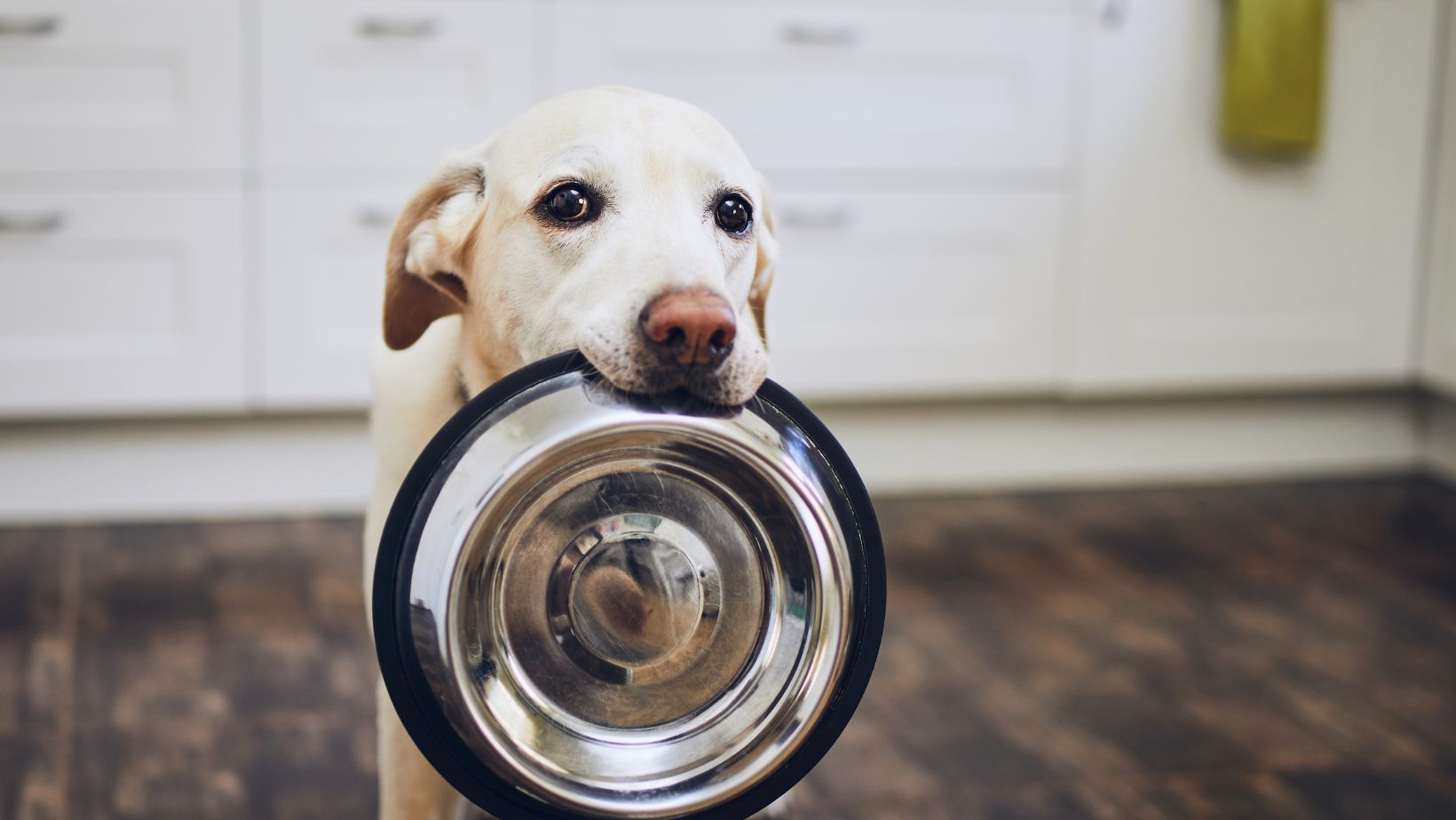Learn How to Get Puppy to Stop Whining at Night
Firstly, it’s important to understand that puppies often whine because they feel anxious or lonely when separated from their littermates or owners. To ease this anxiety, try creating a comfortable sleeping environment for your Labrador by providing them with a cosy bed and some familiar items such as a blanket or toy that smells like you. This will help them feel secure and less likely to whine.
Additionally, establishing a consistent bedtime routine can work wonders in curbing nighttime whining. Stick to a regular schedule of feeding, playtime, and potty breaks before bed so that your puppy feels settled and ready for sleep. Avoid engaging in any exciting activities right before bedtime as this could amp up their energy levels and make it harder for them to settle down.
Remember, patience is key when dealing with a whining puppy. It may take some time for them to adjust to their new surroundings and learn that nighttime is meant for rest. By implementing these strategies consistently and showing your Labrador love and reassurance during the process, you’ll soon find yourself enjoying peaceful nights without the constant whimpering of your beloved pup.
Understanding Why Your Puppy Whines at Night
Bringing home a new puppy can be an exciting and joyful experience. However, one common challenge that many puppy owners face is dealing with their furry friend’s nighttime whining. Understanding why your Labrador puppy whines at night is crucial in order to address the issue effectively.
1. Separation anxiety: Puppies are naturally social animals and may experience separation anxiety when they are separated from their littermates or human family members. This anxiety can manifest as excessive whining, especially during the unfamiliar and lonely nights.
2. Attention-seeking behaviour: Whining can also be a way for your Labrador puppy to grab your attention. They might want food, playtime, or simply desire companionship during the quiet hours of the night.
3. Discomfort or physical needs: Another reason for nighttime whining could be discomfort or physical needs such as hunger, thirst, needing to go outside for potty breaks, or feeling too hot or cold. It’s important to rule out any potential medical issues by consulting with a veterinarian.
4. Fear or insecurity: A new environment can sometimes make puppies feel scared or insecure, leading to increased vocalisation at night. They may be unsure about their surroundings and seek reassurance through whining.
5. Lack of proper training: If your puppy hasn’t been taught how to settle down and sleep through the night without constant attention, they may resort to whining as a way of getting what they want.
To address your Labrador puppy’s nighttime whining:
– Create a comfortable sleeping area: Provide a cosy bed with familiar scents and comforting items like blankets or toys.
– Establish a consistent routine: Stick to regular feeding times, exercise schedules, and potty breaks before bedtime.
– Practise gradual separation: Teach your pup that being alone is okay by gradually increasing periods of separation during the day.
– Encourage independence: Gradually wean your puppy off constant attention and teach them to self-soothe. Utilise crate training as a safe space for them to relax in.
– Reward calm behaviour: Praise and reward your puppy when they settle down quietly at night, reinforcing the desired behaviour.
Remember, patience and consistency are key when addressing nighttime whining. By understanding why your Labrador puppy is whining and implementing appropriate strategies, you can help them feel more secure, comfortable, and eventually enjoy peaceful nights together.
